Budget may prune excise duty exemptions to offset salary burden
22 Dec 2015
The Seventh Pay Commission's recommendations could make over 200 items, including biscuits, honey, butter, cheese, tea, coffee and rusk, costlier as the government tries to shrink the list of 300 goods currently exempted from excise duty to find money to pay higher salaries and pensions in line ith the Pay Commission recommendations.
The government will need to find an additional Rs1,02,000 crore to finance a 23.55-per cent increase in the pay and allowances of government employees from 1 January. At the same time the government's fiscal target demands that it should bring down fiscal deficit to 3.5 per cent of GDP in financial year 2016-17 from the 3.9 per cent targeted for the current fiscal.
This would require raising of additional revenue through additional levy or imposts of fresh taxes.
The finance ministry is likely to trim a list of 300 goods that are exempted from the central excise duty to 90, bringing it in line with the proposed goods and services tax (GST). This will also bring the list closer to the 90 goods exempted by state value-added tax.
Currently, manufactured goods like biscuits, honey, butter, cheese, tea, coffee and rusk are among the goods exempted from the central excise duty, but are charged a levy by the states. States exempt unprocessed goods and those consumed by the poor like fruit, vegetables, salt, grain and coarse fabric.
Slapping central levy on these products will also align central taxation to the proposed goods and services tax (GST).
"The idea is to do away with or phase out tax exemptions. This will not only broaden the tax base but also clean up the taxation structure. We are examining if some excise exemptions can be done away with in preparation of GST," said a government official.
According to estimates, reducing the list from 300 to 90 could yield additional tax revenues of Rs50,000-60,000 crore.
The government has already pruned the list of exempted goods from 470 items in 2011-12 to 300 at present.
Chief economic advisor Arvind Subramanian had recently argued that the government is forgoing Rs1,80,000 crore revenue on extensive central excise exemptions. This about 80 per cent of total excise duty collections.
"Given the historic opportunity afforded by the GST, the aim should be to clean up the Indian tax system that has effectively become an 'exemptions raj' with serious consequences for revenue and governance," a report prepared by Subramanian said.
The report also called for restricting the list of exemptions to a few goods such as food that featured prominently in the consumption basket of the poor.


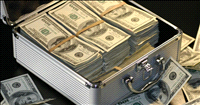

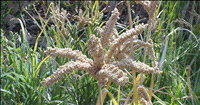







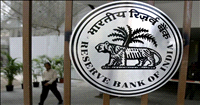
.jpg)

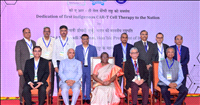
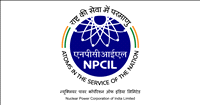



.jpg)









